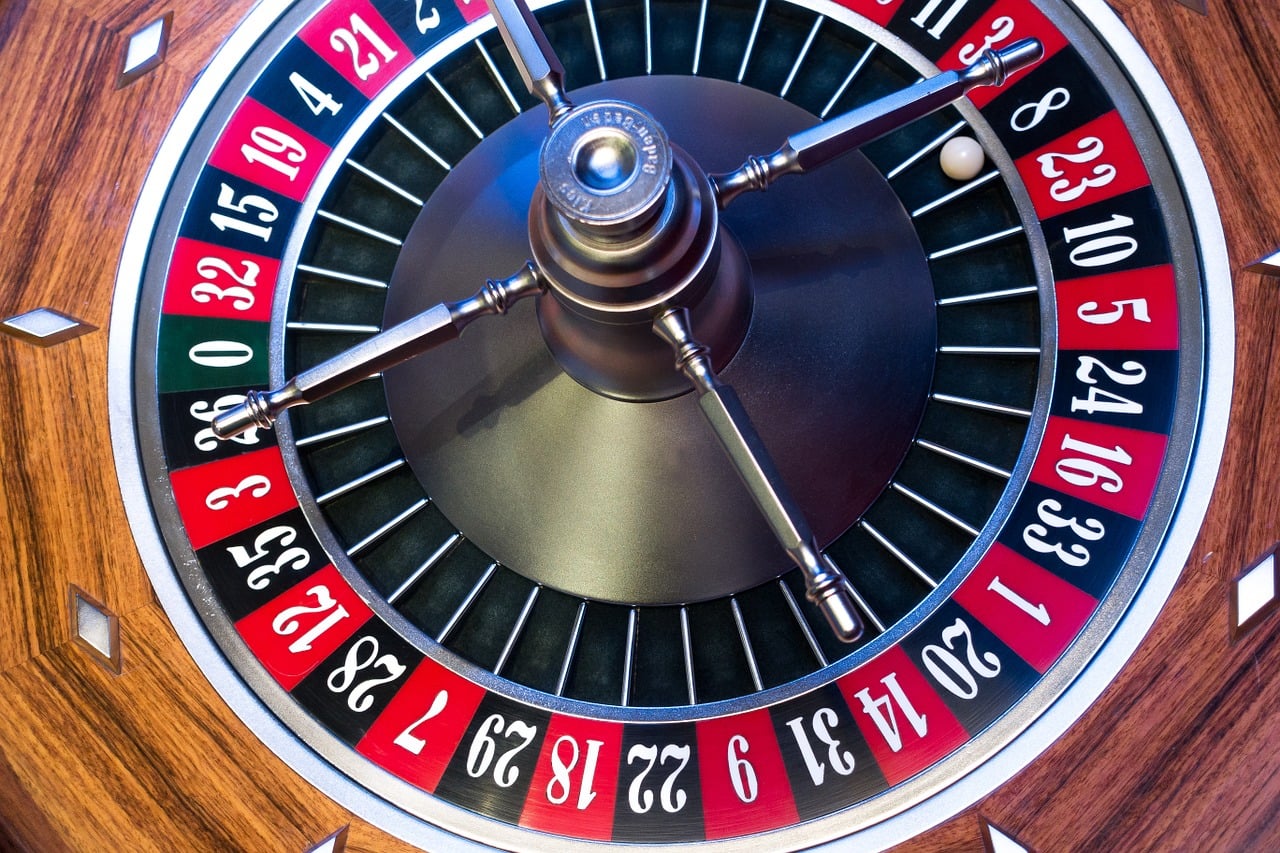When it comes to gambling, we are mostly told that victory is simply a question of good fortune. Some may call it destiny, others may call it a coincidence, but whether we win or not seems to depend on completely arbitrary circumstances. Or does it? Professional players know that there is more rhyme and reason to their actions than laypeople may think. In fact, numerous scholars have been studying the mathematic rules behind popular tables games. The number-one goal of those studies lies in figuring out the most effective strategies by which one can calculate their chances of winning. But you do not need a doctoral degree in stochastics to apply those theories successfully. This article offers a concise overview over the basic principles which will help you to determine the outcome of your next session at the Roulette table.
Basic rules
The game named after the French word for “little wheel” consists in a fairly simply routine: A ball circulates around the outer edge of a spinning wheel until it falls into one of the 37 or 38 pockets. Each pocket is numbered and either black or red in colour. Hence, you may bet on colours, numbers, and groups of numbers. Your chances thus vary depending on your selected combination. Before you take action on site though, you should practice your skills with the help of an online casino. On a trustworthy website, you can try a variety of more than 20 different Roulette games and thereby improve your proficiency.
Q1 hedge fund letters, conference, scoops etc
Risks and rewards
Generally speaking, you are more likely to win if you bet on a larger set of variables. Popular choices include:
- Rouge/Noir: either all black or all red pockets
- Passe/Manque: all figures between either 1 and 18, or 19 and 36
- Pair/Impair: either all even or uneven figures.
While you may easily snatch a victory with these bets, your expected reward will be significantly lower. On average, the probability of success amounts to roughly 48%. Yet you will only gain about 1.35% of the money you invested. The smaller your selected set of pockets, the bigger your prospective pay-out. The following table provides an overview on possible bets and their outcomes:
Strategies
The most popular method of playing Roulette is called the “Martingale.” This system relies on the assumption that simple bets such as Rouge/Noir, Passe/Manque or Pair/Impair guarantee a 50% chance of winning. The resulting technique, also known as progression, proceeds as follows: If you lose in the first round, you will invest the double amount during the second round. As you expect to win every second round on average, you will thus compensate for your initial loss and even gain some profit. Stochastic analytics however show that in actuality, progression does not always work. Experts have therefore developed even more refined strategies, such as the “Progression d’Alembert” and a system based on the Fibonacci sequence.







